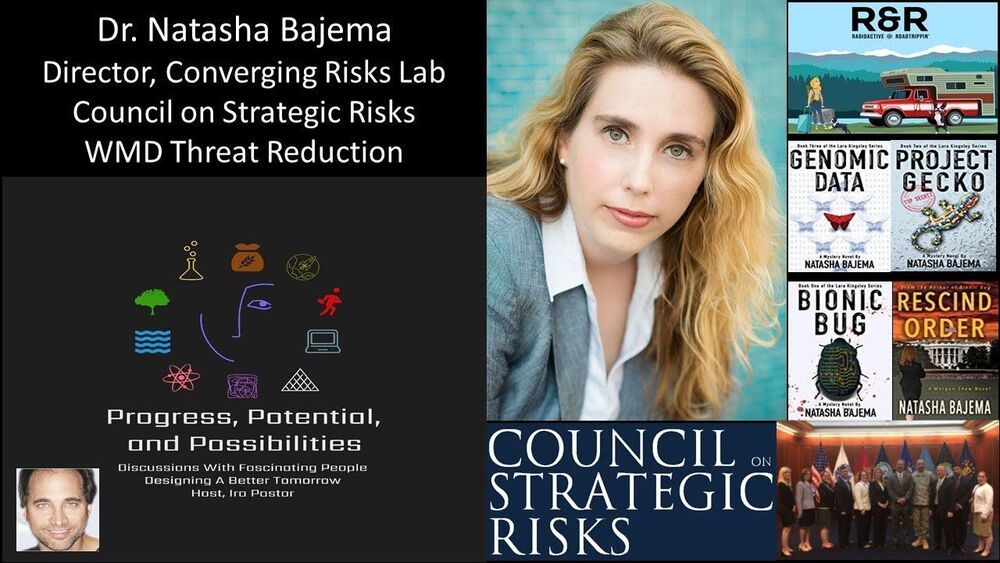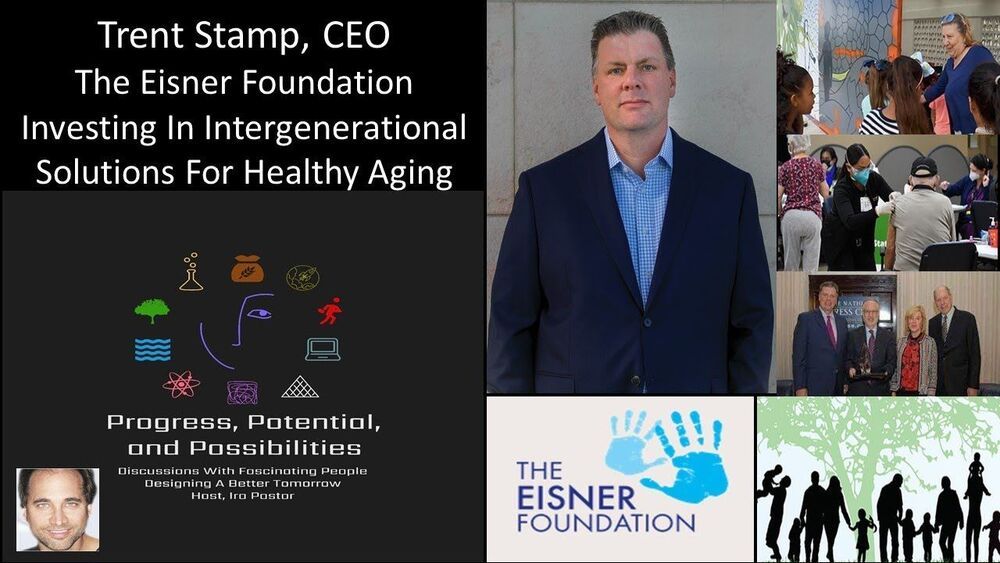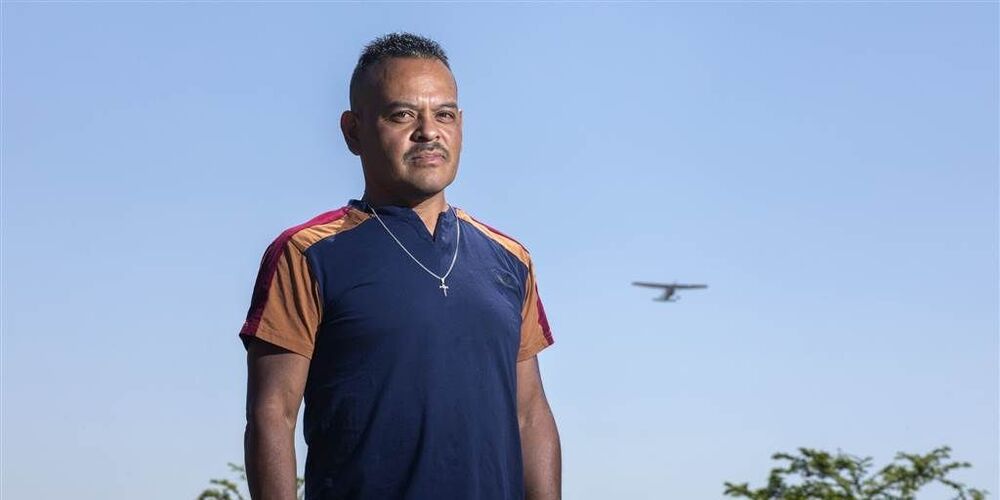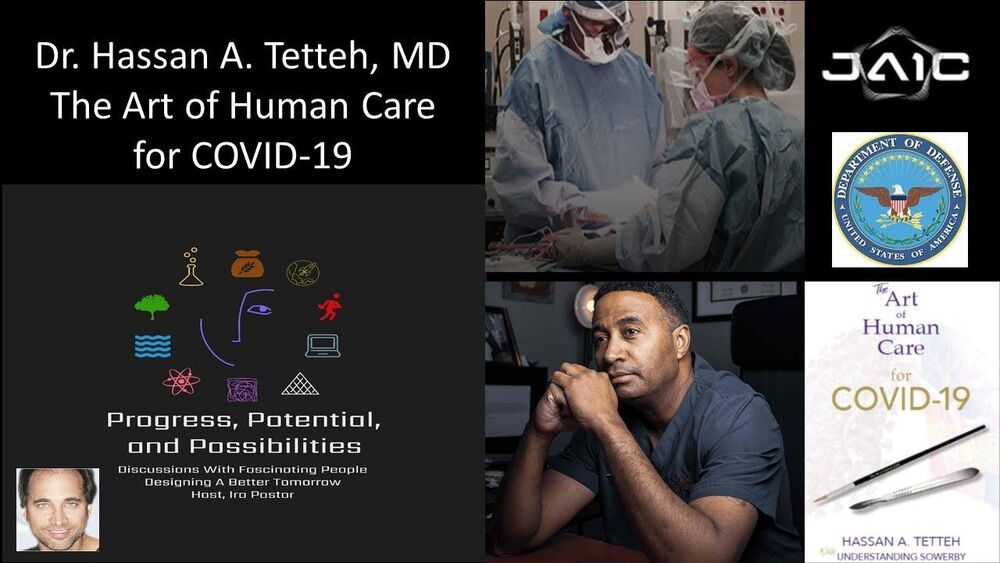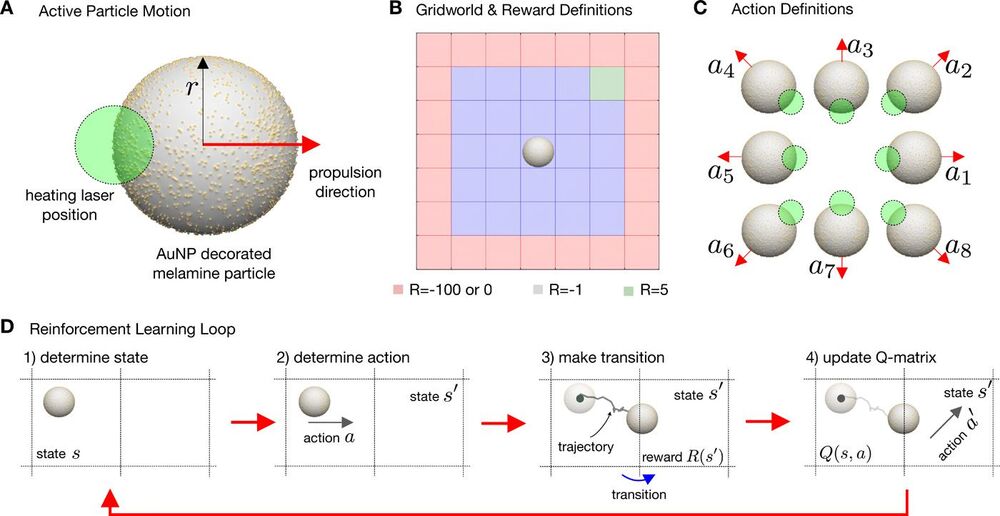Nuclear Nonproliferation, Cooperative Threat Reduction and WMD Terrorism — Dr. Natasha Bajema, Director, Converging Risks Lab, The Council on Strategic Risks.
Dr. Natasha Bajema, is a subject matter expert in nuclear nonproliferation, cooperative threat reduction and WMD terrorism, and currently serves as Director of the Converging Risks Lab, at The Council on Strategic Risks, a nonprofit, non-partisan security policy institute devoted to anticipating, analyzing and addressing core systemic risks to security in the 21st century, with special examination of the ways in which these risks intersect and exacerbate one another.
The Converging Risks Lab (CRL) is a research and policy development-oriented program designed to study converging, cross-sectoral risks in a rapidly-changing world, which brings together experts from multiple sectors of the security community, to ask forward-thinking questions about these converging risks, and to develop anticipatory solutions.
Dr. Bajema is also Founder and CEO of Nuclear Spin Cycle, a publishing and production company specializing in national security, entertainment, and publishing.
Prior to this, Dr. Bajema was at the Center for the Study of Weapons of Mass Destruction at the National Defense University, serving as Director of the Program for Emerging Leaders (PEL), as well as serving long-term detail assignments serving in various capacities in the Office of the Secretary of Defense, Acquisitions, Technology and Logistics, Nuclear, Chemical and Biological Defense Programs and in Defense Nuclear Nonproliferation at Department of Energy’s National Nuclear Security Administration.
Prior to joining the Center, Dr. Bajema was a Research Associate at the Center on International Cooperation at New York University, where she supported research staff of the High-Level Panel on Threats, Challenges and Change established by the UN Secretary-General. She has also served as a Junior Political Officer in the Weapons of Mass Destruction Branch of the Department for Disarmament Affairs at the United Nations.
Dr. Bajema’s publications include two co-edited volumes entitled Terrorism and Counterterrorism, and Weapons of Mass Destruction and Terrorism, both of which were published by McGraw Hill. She has also published the novels Bionic Bug, Rescind Order, Genomic Data, and Project Gecko.
Dr. Bajema holds an M.A. in international policy from the Monterey Institute of International Studies and a PhD in international relations from the Fletcher School of Law and Diplomacy.
